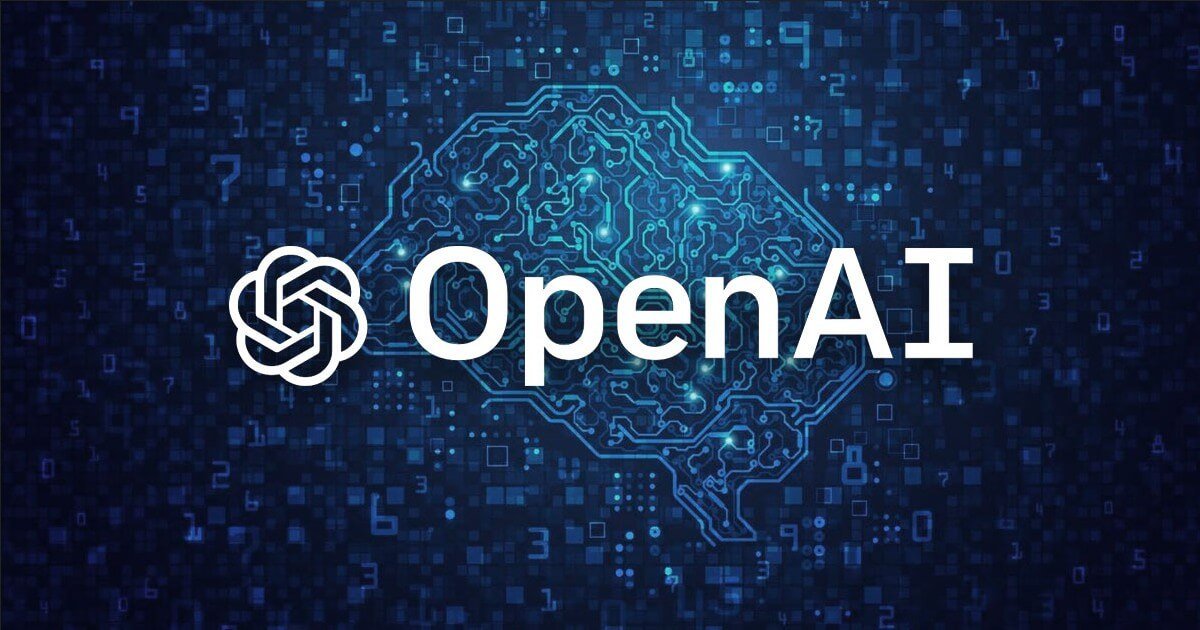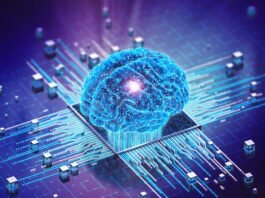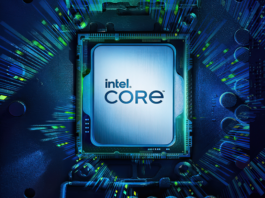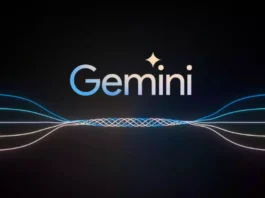In a striking advancement in artificial intelligence, OpenAI’s latest AI capabilities have taken a significant leap forward, enabling the simulation of complex, dynamic worlds through mere textual prompts. This innovative development is poised to revolutionize the way we interact with digital environments, offering unprecedented levels of customization and creative freedom.
Key Highlights:
- AI-Powered World Building: Users can now transform text into custom 3D metaverse worlds, leveraging OpenAI’s GPT models.
- Enhanced Creativity and Customization: The introduction of tools like Oncyber’s Magic Composer allows for real-time adjustments to digital environments based on user input.
- Human-Like Behavior Simulation: Stanford’s Generative Agents study showcases AI’s ability to simulate authentic human behaviors, including memory, planning, and introspection.
- Potential Societal Impacts: The advancements raise questions about the anthropomorphization of AI and the potential for parasocial relationships.
The integration of OpenAI’s GPT models into platforms like Oncyber underscores the potential of AI to craft intricate digital worlds from textual descriptions. This capability extends beyond mere aesthetic alterations, enabling users to embed NFT artworks, adjust environmental settings, and more, simply through text commands. Such advancements hint at a future where digital environments can be as dynamic and responsive as the physical world, with AI serving as the bridge between imagination and digital realization.
The broader implications of these advancements are profound, touching on ethical, social, and practical domains. For instance, Stanford University’s Generative Agents project demonstrates the ability of AI to mimic human-like behaviors with remarkable accuracy. This capability opens new doors for the creation of virtual worlds populated by AI-driven characters that behave and interact in complex, lifelike manners.
The implications of this technology extend far beyond the realm of entertainment. Educational platforms could utilize it to create immersive learning experiences, while businesses might leverage it for virtual meetings or product showcases. The ease of world-building could also spur new forms of digital art and social interaction within these custom environments.
As with any rapidly advancing technology, the development of AI-generated metaverse worlds raises questions about data privacy, intellectual property rights, and the potential for creating misleading or harmful content. OpenAI and platforms using its technology will need to navigate these challenges carefully, ensuring that their tools are used responsibly and ethically.
However, this progress is not without its challenges and controversies. The pace of AI development and its potential societal impacts have sparked debates within the tech community. The recent leadership changes at OpenAI, with a new interim CEO favoring a slower approach to development, reflect the tension between innovation and the need for cautious, responsible advancement.
In essence, the development of AI technologies capable of simulating worlds and human-like behaviors represents a pivotal moment in our relationship with digital environments. It underscores the potential of AI to create immersive, customizable experiences that were previously unimaginable. Yet, it also raises critical questions about the ethical boundaries of technology, the nature of human-AI interactions, and the societal implications of deeply immersive virtual realities.
As we stand on the cusp of these technological breakthroughs, the promise of AI-driven worlds invites both excitement and caution. The journey ahead will undoubtedly require a balanced approach, ensuring that the worlds we create are not only a testament to human ingenuity but also spaces where ethical considerations and human well-being are paramount.







